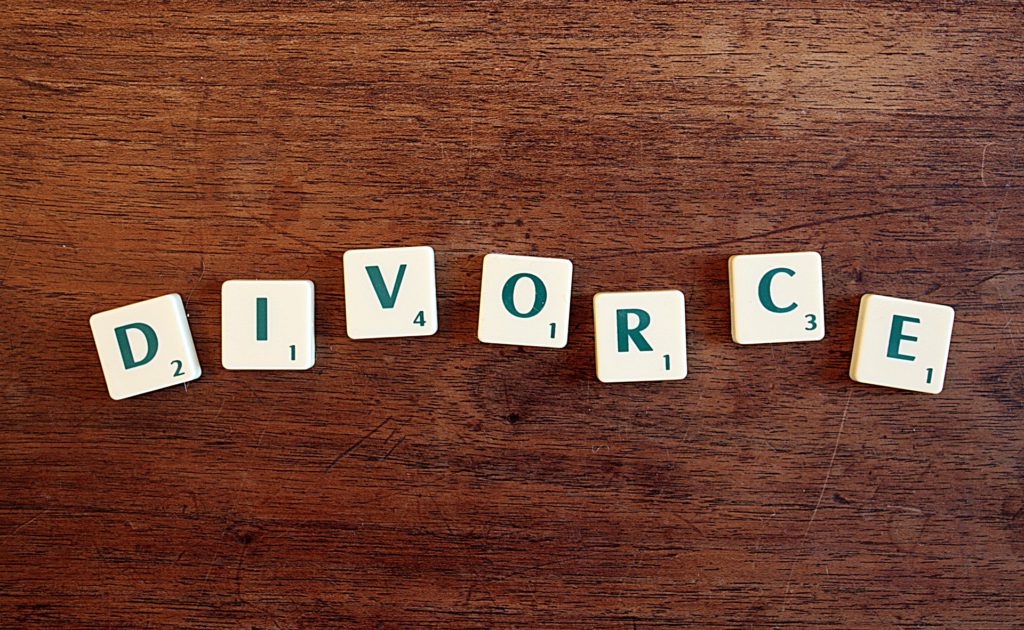A five-step guide to ending your marriage
Whether you want to start divorce proceedings or you have been served with your spouse’s Family Law Civil Bill, knowing where to begin and how to get divorced can seem very daunting for a lot of people.
More than 3,000 couples get divorced in Ireland every year. That means over 6,000 people are going through what you might now find yourself going through. Marriages end for a number of different reasons and very few people file for divorce without making attempts to salvage the marriage. Divorce is the legal recognition that a marriage has ended but in reality, the relationship ended a long time before that.
Below are five steps involved to obtain a decree of divorce in Ireland.
Step One – Consider Mediation
Separating couples should always consider mediation before starting legal proceedings. Mediation is not relationship counselling. Mediation allows couples to try and reach an agreement together which tends to bring greater satisfaction with the outcome than legal proceedings. The cost of mediation can be significantly lower than a contested divorce. The mediated agreement is translated into legal proceedings and the parties obtain a divorce on consent on the terms they have agreed between themselves.
Step Two – Consult a Family Law Solicitor
People can represent themselves in divorce proceedings. It is, however, important to get legal advice on proper provision and pensions at the very least.
At an initial consultation with your family law solicitor, they will confirm whether you are eligible for a divorce. They will take a detailed background from you in relation to your family, property and finances. They will discuss what outcome you are hoping to achieve in terms of a settlement and how quickly or easily that might be to achieve.
Based on your instructions, they will engage a barrister to draft the court proceedings, or if you have been served with divorce proceedings, draft your Defence and Counterclaim.
Step Three – Financial Disclosure
Both parties in a divorce must file an Affidavit of Means. This sets out their income, expenses, assets and liabilities. The affidavit must be vouched which means you must provide supporting documents such as bank and credit card statements, bills, receipts etc. for a period of 1 year.
The affidavit is only valid for 6 months so it usually needs to be revised at least once during the divorce process.
The court is most concerned about ‘proper provision’ for each spouse and any dependent children of the family. It is, therefore, very important for both spouses to provide full disclosure.
Pensions are often one of the biggest assets people have and information needs to be collected in relation to any pension held by either party. The trustees of any pension also need to be notified that legal proceedings have been commenced.
Step Four – Settlement Talks
Settlement talks can take place before or after proceedings have commenced. It is beneficial to hold talks once financial disclosure is complete in any effort to reach a settlement.
If the talks are unsuccessful, further talks usually take place in the lead up to the court hearing date and on the morning of the hearing. A court will adjourn a hearing if the parties believe they can reach an agreement.
Step Five – Court Hearing
If settlement talks have failed and a court hearing date has been set down, then a full court hearing will take place. This involves both parties and their legal teams attending court. They, and any experts on their behalf (usually accounting or property experts), give evidence before a judge.
The proceedings are in camera so the general public are not allowed attend and what is said during the hearing must remain private.
Having heard the evidence and considering what proper provision would be for each party, the judge will make certain orders and grant a decree of divorce. If pensions are involved, a separate application is made at a later date to obtain Pension Adjustment Orders but that does not affect the decree of divorce.
The above is brief overview of the divorce process in Ireland. If you would like more information, please download our Divorce Guide or contact our office on (061) 467 392 to arrange an appointment in person or via Zoom.

